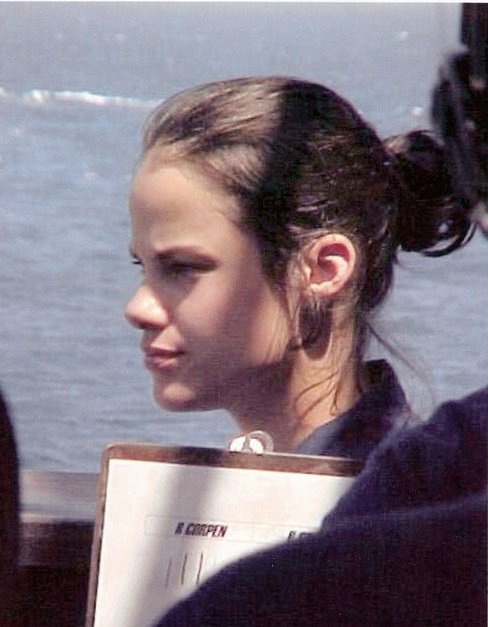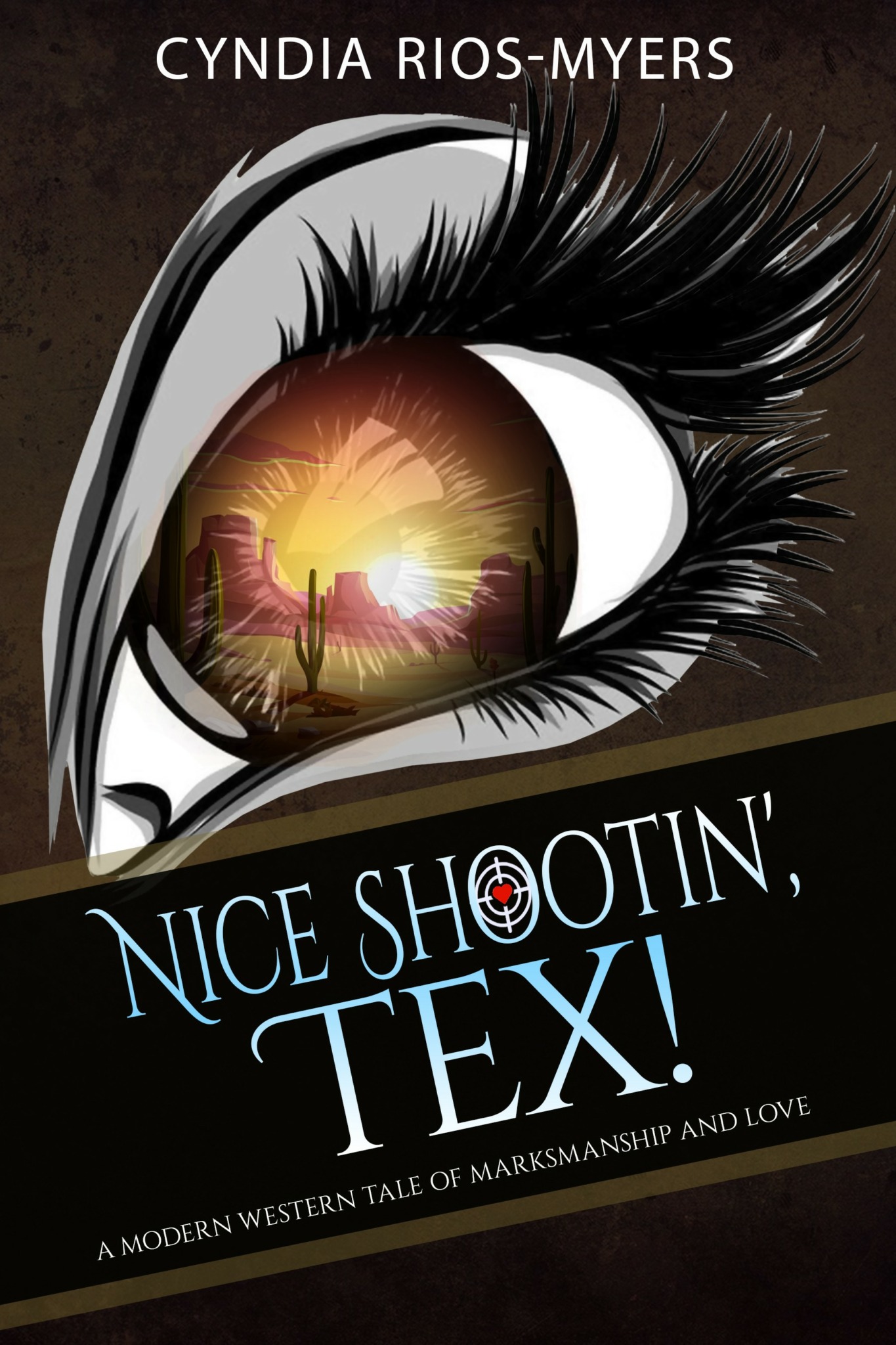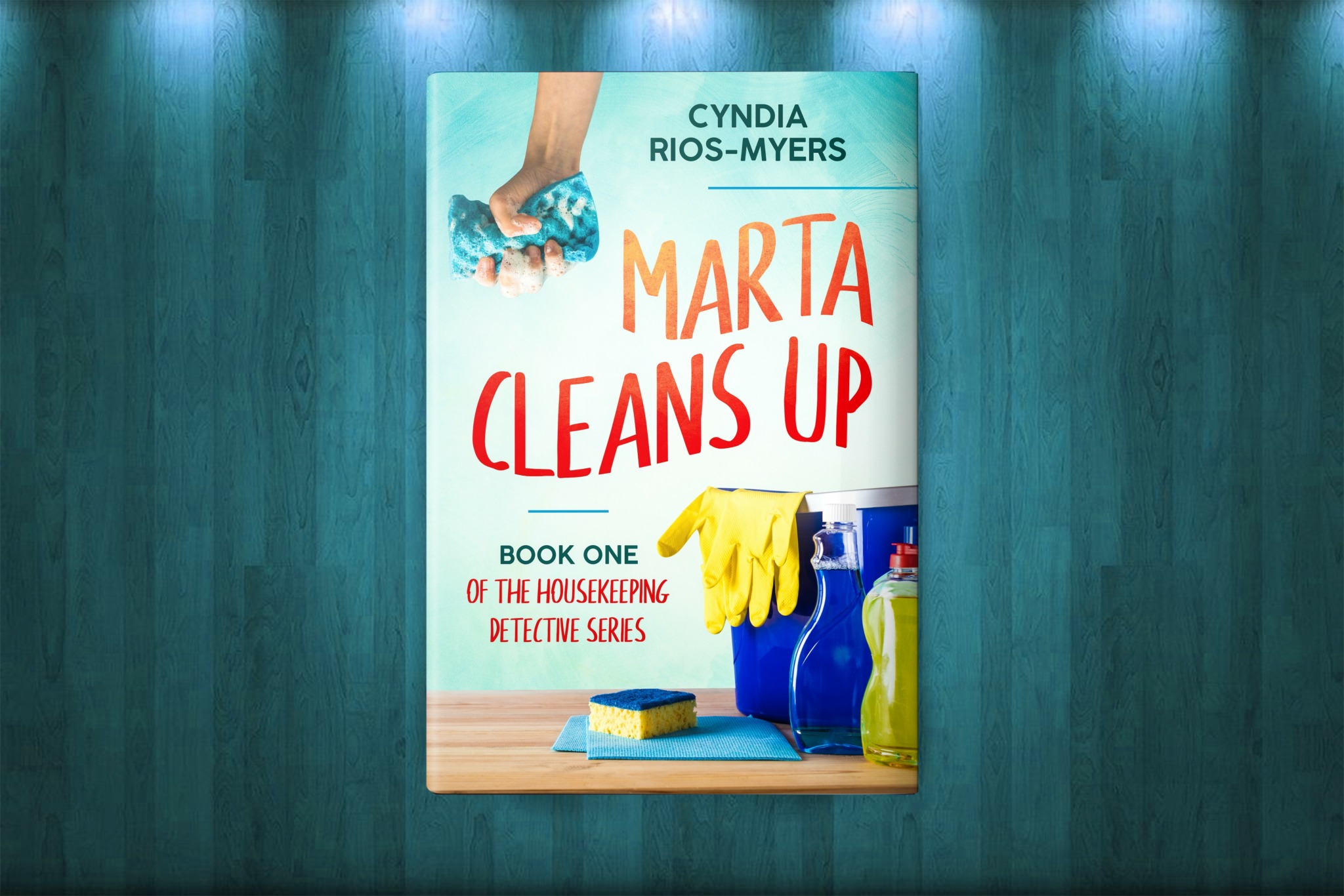We caught up with the brilliant and insightful Cyndia Rios-myers a few weeks ago and have shared our conversation below.
Cyndia , looking forward to hearing all of your stories today. Alright – so having the idea is one thing, but going from idea to execution is where countless people drop the ball. Can you talk to us about your journey from idea to execution?
As a fiction writer, it is important that I have a connection with the heroine I am creating. I have to like her and see myself doing things that she would do.
Before coming up with Marta Morales – the Housekeeping Detective – I’d already written a series about werewolves featuring a strong female protagonist. Marta was definitely human – nothing paranormal about her. Well, the chip on her shoulder was pretty big.
So, I had Marta Morales. I needed to find a trade for her that was kind of like an “outside looking in” sort of job. I came up with housekeeping. It’s a trade that has very little start-up costs. Also, it gave Marta the opportunity to watch people and what they did without them understanding how much they were divulging to her. To give Marta extra smarts, I made her a cop that left the force many years past.
I needed to interview subject matter experts. While I knew a lot about cleaning, I did not know how to do it as a business. I interviewed three people who’d worked as housekeepers. I even interviewed someone who had a housekeeper. The other aspect of Marta that I did not know was how to be an investigator. What I did was that I cold-emailed a private detective out of Chicago, Illinois, which is where Marta is based. He invited me to call him, so I did. I got such great information from him. I also interviewed about five people who were from Chicago.
Then, I started to write the story using the interview information I’d accrued as well as my own life experiences of living in Chicago, living in Puerto Rico, and even having been in the military.
Marta Cleans Up – Book One of the Housekeeping Detective Series – was not the easiest book to write. It almost felt like I was writing a research paper citing multiple primary and secondary sources. When you write paranormal or fantasy fiction, the rules are kind of fluid, which is fun. When you are writing essays on life experiences, you are the subject-matter expert.
But, I wrote the book. I also commissioned the cover art, which is a very important part of self-publishing. I had a few friends beta-read the book. I edited the junk out of it. I even went so far as querying literary agents. One was interested, but then passed. But that’s okay. I’ve made it all the way to book five by following my own direction. We’ll see what comes of it.

Awesome – so before we get into the rest of our questions, can you briefly introduce yourself to our readers.
Writing fiction is a great thing that anyone can do. The truth is that anyone can create art. No one owns art. I got my introduction to writing fiction from my older sister. Back when we were teens, we were into reading romance novels. She then decided to write her own (which she never published). I asked her why she wrote it, and her answer was “why not?” So, that taught me that I did not need anyone’s permission, consent, or blessing to write fiction. I started writing essays during a very hard time in my life. It was a great way to explore my grief and share it with others. I even wrote a couple of articles regarding military life and the hardships of such.
My service is giving someone access to a story that will help them get away from their real life for a while. I think that I provide strong, relatable heroines that are very human. Marta Morales – the housekeeping detective – helps people by cleaning houses and conducting unlicensed investigations. Lana Boxer is a female werewolf who gets married, has kids, and also keeps her nose in other peoples’ business – whether they like it or not.
I love reading a great story and I love writing a good story. I think everyone should write something.

Learning and unlearning are both critical parts of growth – can you share a story of a time when you had to unlearn a lesson?
I had to unlearn the fact that in writing, that I was not infallible. That even though art is subjective, expert opinions should be heeded.
My first book (which I have since unpublished as it needs work) was one that I sent queries out for. I got responses with interested literary agents, which was wonderful! However, they said that I had to trim the book back by at least twenty thousand words. I said no. I regret that to this day. I might be in a different position had I taken the expert advice given to me.
So, I take advice now. I dispense it, too – and understand that it won’t always be heeded.

Is there something you think non-creatives will struggle to understand about your journey as a creative? Maybe you can provide some insight – you never know who might benefit from the enlightenment.
I think that a lot of entrepreneurs understand that they are going to have get creative if they want an engaging online presence. They have to create online content, be it articles or videos where they educate their audiences on their subject-matter expertise while promoting their own services. Getting lots of views means an alternate revenue stream.
Non-creatives should consider what pleases the eyes, the ears, and the mind. Delivering a compelling product or service means doing homework – for anyone. If one were to consider what story they were trying to tell, they would realize that being creative will aid in that.
Contact Info:
- Instagram: https://www.instagram.com/cyndiariosmyers
- Facebook: https://www.facebook.com/criosmyers
- Linkedin: https://www.linkedin.com/in/cyndia-rios-myers-1b9ab78a
- Twitter: https://x.com/CRiosMyers
- Other: Amazon: https://www.amazon.com/stores/author/B005UR9CA2?ingress=0&visitId=37ba21a1-71e1-4278-a846-c0844e3f122d&ccs_id=ef7e9466-a707-4362-b3dd-22b9d453b745



